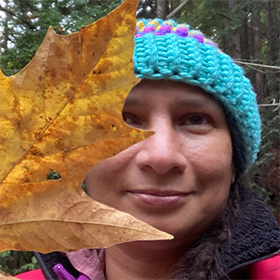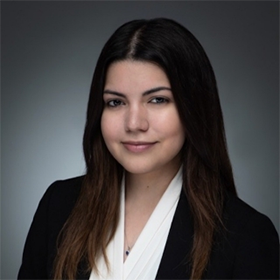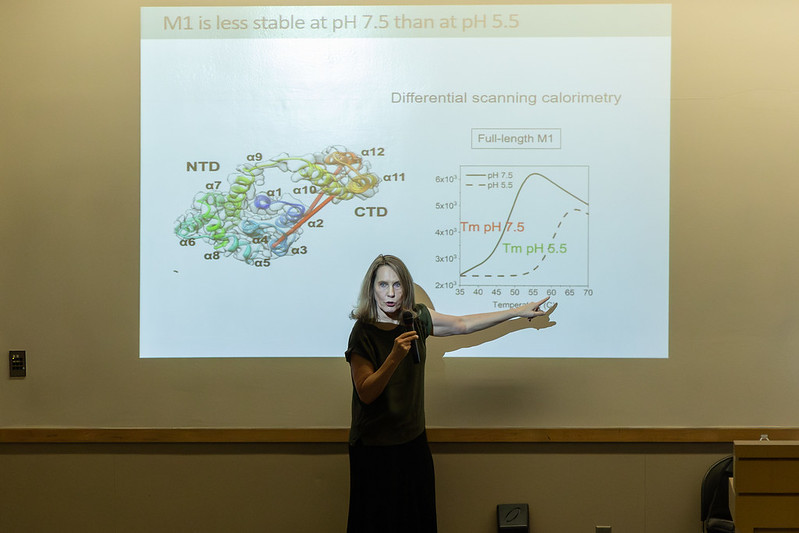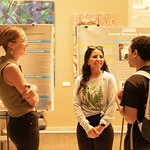
The research symposium provides an opportunity for my students to apply their learning in GIS and remote sensing to work collaboratively on a real-world analysis. Students can go beyond short lab assignments and, with some guidance, learn how to use their full set of skills to complete a professional-level project, including both the research and communication aspects such as writing and cartography. This experience is key to developing their confidence and showcase their newly-learned skills.
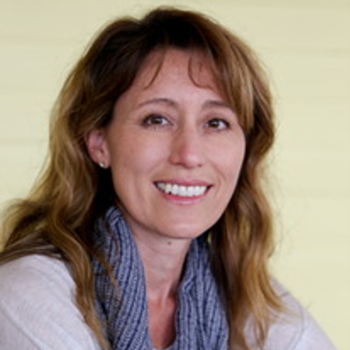
Allowing students an opportunity to work outside of the classroom in a research setting is an awarding experience for both the students and the mentors. I receive personal satisfaction in the knowledge that I helped at least one student a step closer to successfully completing their goals in STEM. Students gain confidence, knowledge, and experience in group projects that they might not have had before. Here at Clovis Community College, I am grateful for the support and encouragement to work with students, and look forward to future projects.
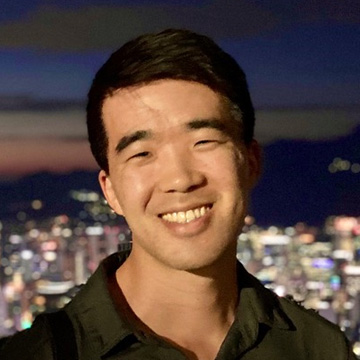
Fundamentally, I wanted to participate as a research mentor to show students how fascinating science is, and how fun it can be to design and run experiments to answer any scientific question one might have. Doing research shows students how science can be connected to the world around them and how it can be used to make the world a better place. I began doing undergraduate research as a freshman in college, and wanted to show others they can do it too.
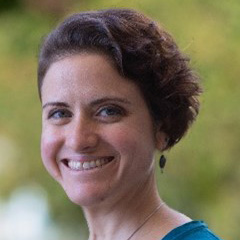
Building research experiences into existing classes and clubs is a great way to engage students with the research process. It invites all students to get authentic, hands-on experience solving real-world problems.
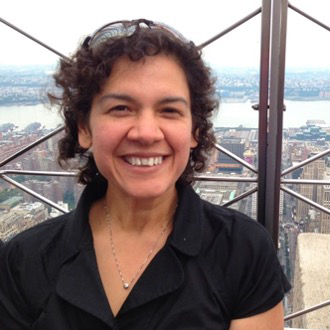
I wish I had had access to a research experience when I was a student at Pasadena City College. Authentic research experiences are fundamental for developing scientific critical thinking and I believe a key to STEM persistence.
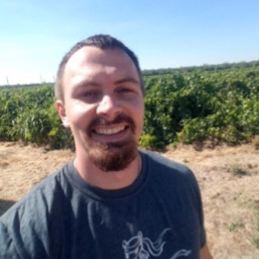
Research tends to tie education and classroom experiences to real-life examples. My first research experience clarified for me what it means to be a scientist and provided me with the motivation needed to succeed in all my classes. By participating in the Clovis Community College symposium, I am hoping to provide CCC students with an opportunity to engage with the scientific process and to better understand how the classroom relates to real-world science.
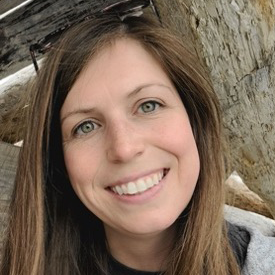
As much fun as we might have learning science, the real fun is in doing the science. By having authentic research experiences in class we can bridge the two worlds and reach students that may not have thought about being a scientist before. Having events like this symposium builds community and celebrates the diverse population we have at Clovis Community College.
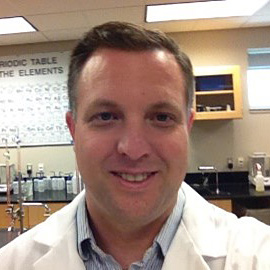
Research projects can be challenging and require students to step outside their comfort zones. The individual experiments provide students with an opportunity for personal growth as they develop a range of skills, including critical thinking, problem-solving, data analysis, and communication. The relationships developed during these mentoring opportunities are rewarding and fulling, allowing me to pay it forward the support I received from my mentors
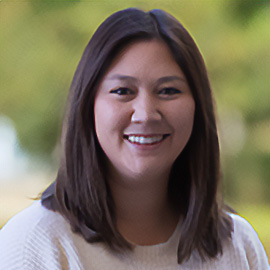
The research symposium is a great opportunity for students to learn how to do both literature and hands-on research at the college level. Students are able to review and discuss research articles in biochemistry to stay up to date on current research field to learn understand what has been done, what needs to be done, and what area should be further researched to bridge that gap between the known and unknown. This experience can help students learn how to navigate journal articles, teach them about the potential research areas, and the overall research process.
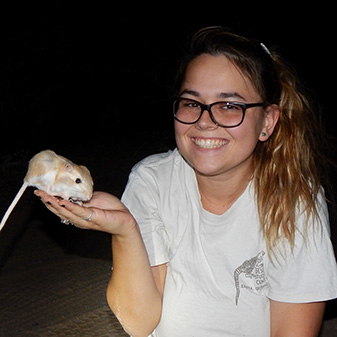
My first field research experience completely changed my career trajectory, and I have my undergraduate instructors to thank for giving me that experience! It’s so important for students to begin exploring their career options as early as possible, and hands-on research is a great place to start. It also shows students how to apply their knowledge to their own personal growth as budding scientists. Mentoring students and participating in the Clovis Community College Research Symposium is exciting for me because it showcases our students’ motivation and creates a space for their diverse backgrounds and interests to shine!
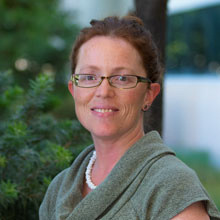
One of my classroom goals is to give students an authentic experience of creating their own investigation into how the physical world works. I enjoy getting to learn from and with them, and help them hone their research and presentation skills along the way. Students use the CCC Geology Sand Collection of 100+ samples to create and complete their own investigation, working on their own or in a team. I also mentor four Europa Research Assistants, who are mapping the surface of the moon of Jupiter in collaboration with NASA scientists, to understand whether plate tectonics might be happening somewhere besides Earth.
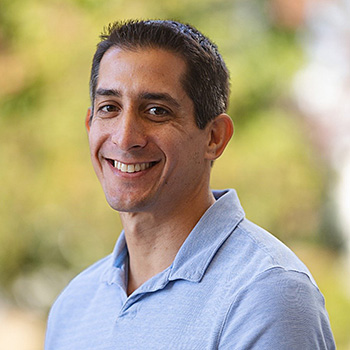
As an undergraduate student, I was granted the opportunity to perform research. The research projects I worked on turned my university coursework into something tangible and fascinating. This early exposure to scientific research strengthened my understanding of the sciences and encouraged me to pursue a successful and rewarding career in STEM. I would like to provide students with experiences similar to the opportunity I received and guide them towards scientific explanations of questions they have about the world around them.
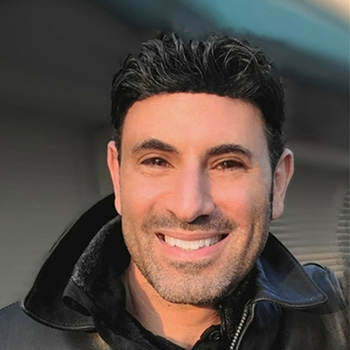
“If we knew what it is we were doing, it would not be called research. Would it?” – Albert Einstein
The truth is that research can be a bumpy ride with lots of mistakes along the way. But it can also be one of the most thrilling aspects of science! Discovering something new to the human race, and sharing that new found knowledge with the world, is a very satisfying experience. At Clovis Community College we aspire to help students have that experience by instilling the necessary skills to conduct effective research. We'd love for you to join our research and experience that thrill for yourself!
